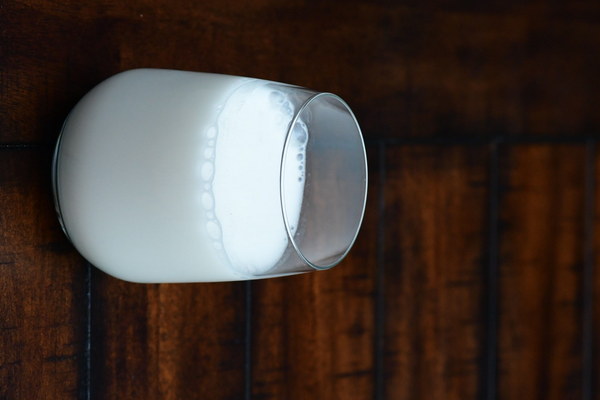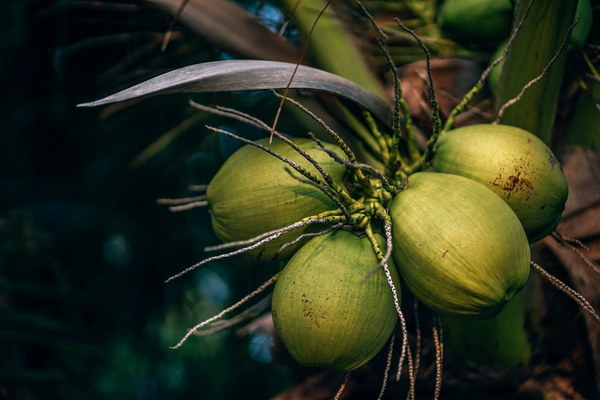Understanding the Contraindications of Traditional Chinese Medicines for Cough and LungNourishing
Introduction:
Traditional Chinese Medicine (TCM) has been practiced for thousands of years and has gained popularity worldwide for its holistic approach to treating various health conditions. One of the key areas in TCM is the treatment of cough and lung-nourishing, which involves the use of specific herbal formulas. However, it is important to be aware of the contraindications of these herbal combinations to ensure safe and effective treatment. In this article, we will discuss the common contraindications of TCM herbs used for cough and lung-nourishing.
1. Avoiding Overdosage:
One of the most crucial contraindications in TCM is avoiding overdosage of herbs. Excessive consumption of certain herbs can lead to adverse reactions and exacerbate the symptoms. It is essential to follow the recommended dosage guidelines provided by a qualified TCM practitioner.
2. Incompatibility with Other Medications:
TCM herbs can interact with other medications, including prescription drugs, over-the-counter medications, and supplements. It is important to inform your healthcare provider about all the medications you are currently taking to avoid potential drug-herb interactions.
3. Contraindications Based on Individual Health Conditions:
Certain TCM herbs may not be suitable for individuals with specific health conditions. For example:
- Patients with heart disease should avoid herbs that can increase heart rate or blood pressure, such as Ephedra (Ma Huang).
- Individuals with liver or kidney dysfunction should avoid herbs that can further damage these organs, such as aristolochic acid-containing herbs.

- People with a history of allergies or hypersensitivity should exercise caution when using herbs, as some may trigger allergic reactions.
4. Pregnancy and Breastfeeding:
Pregnant and breastfeeding women should consult with a TCM practitioner before using any herbal remedies. Some herbs may be harmful to the fetus or can pass through breast milk and affect the baby. It is crucial to ensure the safety of both mother and child.
5. Herbs with Potent Effects:
Some TCM herbs have potent effects and may require careful monitoring. Examples include:
- Herbs with strong diuretic properties, such as Akebia (Semen Akebiae), can lead to dehydration if not used appropriately.
- Herbs with potent sedative effects, such as Valerian (Valeriana officinalis), may cause drowsiness and impair coordination.
6. Herbs with Toxicity:
While rare, some TCM herbs can be toxic if used improperly. Examples include:
- Aconitum (Fuzi) can cause severe poisoning if consumed in large quantities.
- Ephedra (Ma Huang) can lead to heart palpitations, hypertension, and other adverse effects if used inappropriately.
Conclusion:
The use of TCM herbs for cough and lung-nourishing can be effective when used correctly. However, it is crucial to be aware of the contraindications to ensure safe and effective treatment. Always consult with a qualified TCM practitioner to determine the most suitable herbal formula for your specific health condition, and inform them about any other medications or health conditions you may have. By following these guidelines, you can maximize the benefits of TCM while minimizing potential risks.









